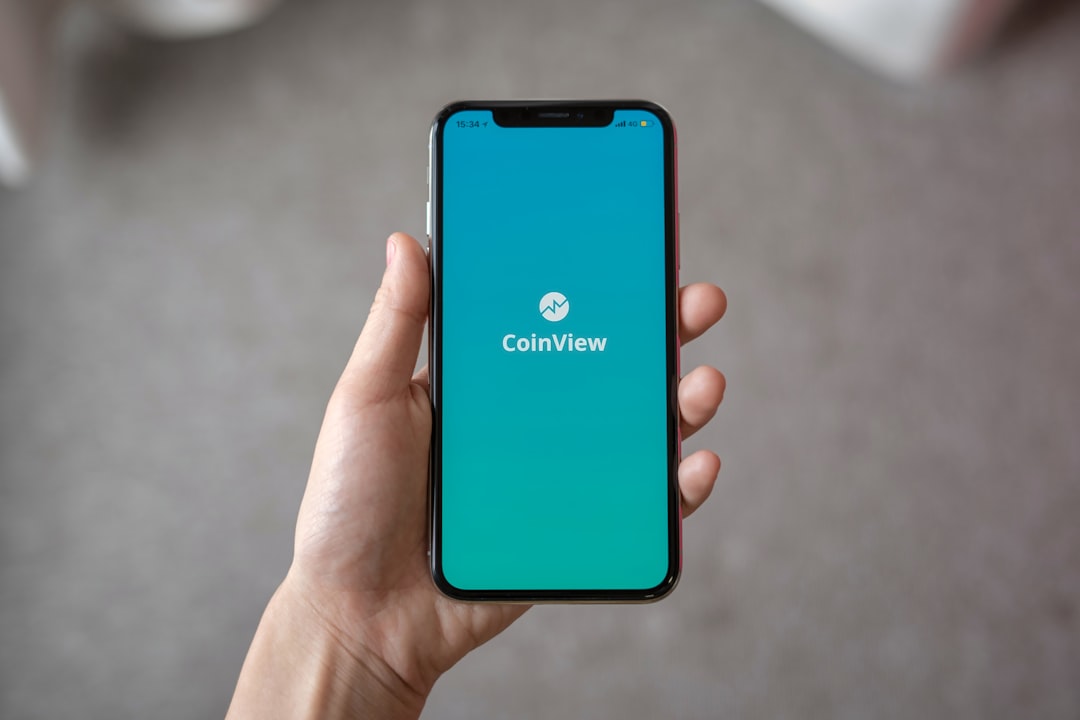Washington State's strict spam texts laws protect residents from unsolicited promotional messages through federal and state regulations. The Attorney General's Office and Federal Trade Commission enforce these rules, which require explicit consent for marketing SMS, exempting emergency alerts and previous business interactions. Violations incur fines, discouraging aggressive marketing practices and preserving consumers' privacy.
In Washington State, the legal framework surrounding spam texts serves as a safeguard for residents against unsolicited messaging. This comprehensive guide explores the definition and impact of spam texts within the state, delving into the regulatory authority charged with enforcement. We analyze consumer protection laws applied to these messages, outline permitted uses, and detail penalties for violators. Understanding these regulations is crucial for businesses and individuals alike to navigate the legal landscape surrounding spam texts in Washington.
Spam Text Definition & Impact in Washington

In Washington State, the term “spam text” refers to unsolicited text messages that promote goods or services, often with a commercial intent. These messages can range from advertising deals and promotions to scam attempts and unwanted marketing campaigns. The impact of spam texts is significant, as they not only intrude upon personal space but also contribute to communication clutter and potential security risks. Subscribers may feel annoyed or irritated by these persistent messages, leading to increased customer dissatisfaction.
Washington’s legal framework has recognized the need to protect consumers from such unwanted communications. The state’s laws aim to strike a balance between businesses’ marketing efforts and individuals’ right to privacy. By implementing regulations that govern how businesses can send text messages for promotional purposes, Washington seeks to mitigate the negative effects of spam texts while ensuring fair practices in commercial communication.
Legal Authority to Regulate Spam Texts

In Washington State, the legal framework for addressing spam texts is primarily governed by state and federal laws designed to protect consumers from unwanted and deceptive messaging. The state’s Attorney General’s Office plays a crucial role in enforcing these regulations, ensuring that businesses and individuals comply with the rules surrounding spam texts.
The Communications Act of 1934, as amended, provides the federal legal basis for regulating electronic communications, including text messages. In Washington, the Consumer Privacy Act (CPA) further strengthens the state’s authority to combat spam texts by prohibiting certain practices that invade individuals’ privacy, such as sending unsolicited marketing messages without prior consent. These laws empower authorities to take action against violators, offering consumers a level of protection from intrusive and deceptive spam texts.
Consumer Protection Laws Applied to Spam

In Washington State, consumer protection laws are in place to safeguard residents from unfair and deceptive practices, including spam texts. The state’s regulations aim to prevent businesses from sending unsolicited text messages that promote goods or services, often referred to as spam. These laws are designed to protect consumers’ privacy and stop the inundation of unwanted communications.
Under Washington law, companies must obtain explicit consent before sending promotional text messages. This means that businesses cannot assume permission based on previous purchases or interactions. Consumers have the right to opt-out of receiving such messages at any time, and failure to comply with these rules can result in legal repercussions for offenders. The strict application of these consumer protection laws helps maintain a harmonious relationship between businesses and residents, ensuring that everyone’s digital space remains respected and undisturbed by unwanted spam texts.
Permitted Uses of Spam Texts in WA

In Washington State, the legal framework regarding spam texts is designed to protect residents from unwanted and deceptive messaging. However, there are certain permitted uses that fall outside the scope of anti-spam legislation. Businesses and organizations can engage in promotional or marketing activities through text messages as long as they obtain prior consent from the recipient. This often involves opting-in via a sign-up form or explicit agreement to receive texts.
Additionally, notifications from government entities, such as emergency alerts or public service announcements, are exempt from anti-spam laws. These communications serve vital interests in keeping residents informed and safe. Other allowable uses might include consenting customers receiving order updates, reminders, or promotional offers from businesses they have done business with in the past. Such exceptions ensure a balance between consumer protection and allowing legitimate communication channels for businesses operating within the state’s legal framework.
Enforcement and Penalties for Spamming

In Washington State, the enforcement of anti-spam laws is primarily handled by the Attorney General’s Office and the Federal Trade Commission (FTC). These agencies actively monitor and investigate complaints related to unsolicited text messages, commonly known as spam texts. If found guilty of violating the state’s spamming regulations, individuals or businesses can face severe penalties, including substantial fines. The laws are designed to protect consumers from unwanted and deceptive messaging, ensuring their privacy and peace of mind.
The penalties for spamming in Washington typically involve monetary fines, which can vary depending on the severity of the offense. Repeat offenders may face more significant consequences, reflecting the state’s commitment to deterring such practices. These strict measures aim to discourage companies from engaging in aggressive marketing tactics that invade personal space and contribute to information overload.






